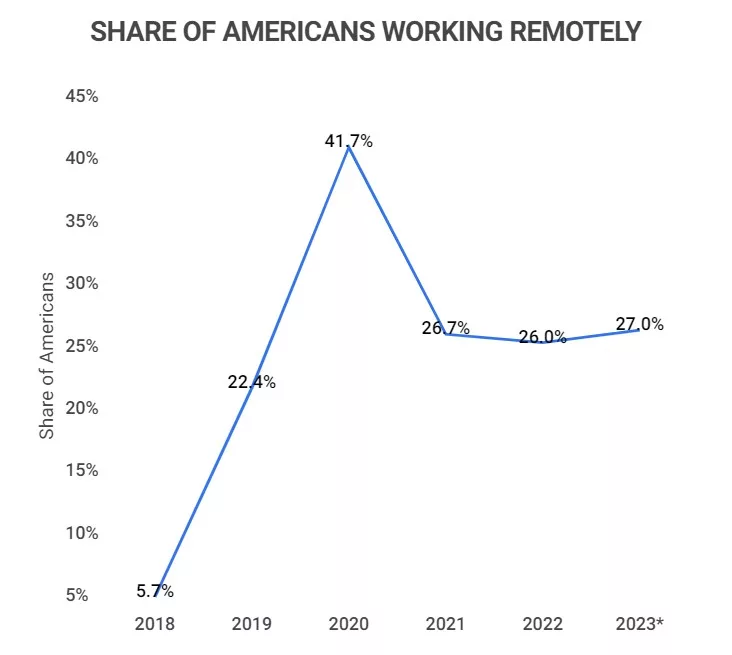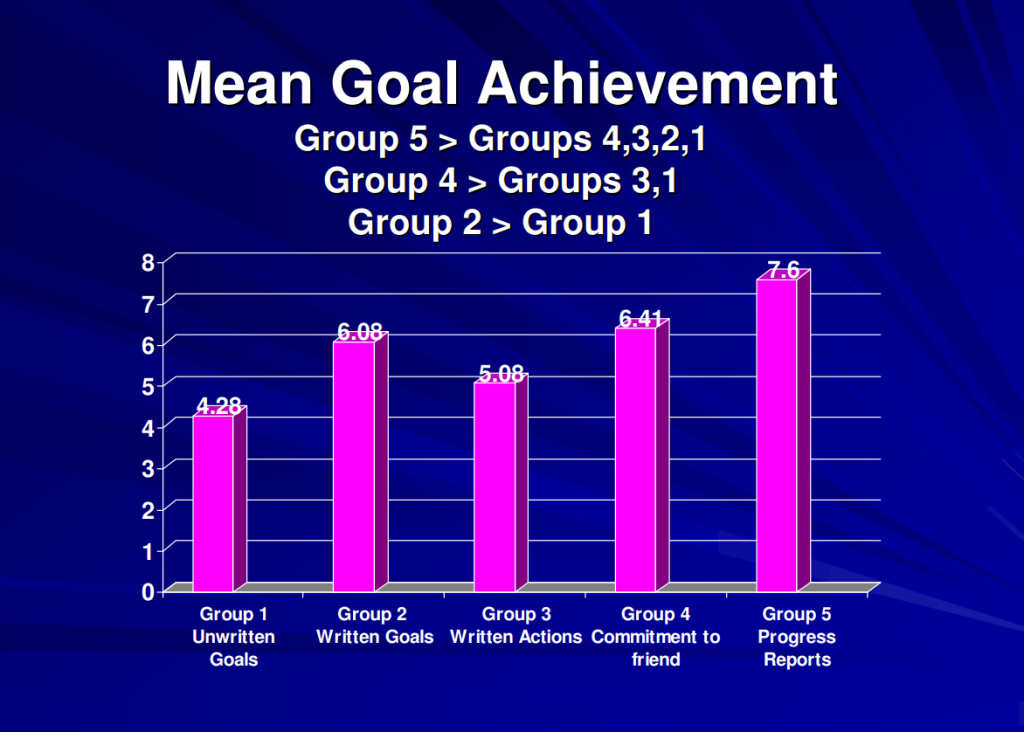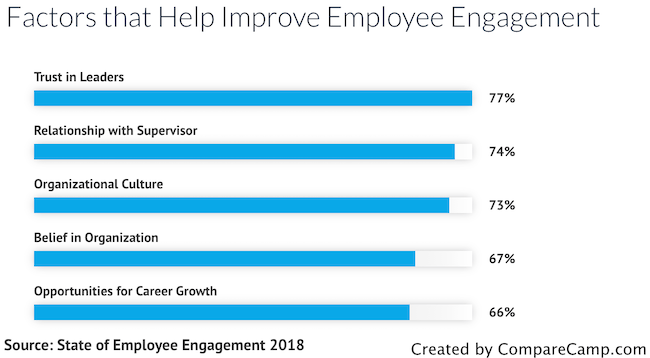By Shiela Mie Legaspi, President — Cyberbacker
The workplace has changed forever in the wake of the COVID-19 pandemic, and more teams include remote members than ever. According to statistics, 27 percent of American workers occupy remote positions and projections suggest that 36.2 million Americans will serve in remote roles by 2025.
In the traditional in-person workplace, seeing someone sitting at their desk during business hours alone may have assured managers that they were working. That’s no longer possible with widely distributed teams, however.
The current challenge business leaders face is finding ways to measure employee productivity despite not being in the same physical location. In addition, managers need to find ways to hold team members accountable from a distance. When setting and enforcing goals, the best way is to work with each individual to formulate a customized approach.

Allow individuals to choose their own personal goals
Business and organizational research shows that when employees set their own personal goals, they tend to be more motivated to meet them. According to a researcher from Case Western Reserve University, when professionals’ personal goals align with that of their company, “there is a great sense of commitment to completing the steps or tasks necessary to move toward the vision.”
Studies also indicate that people are happier when they set their own goals at work and enjoy autonomy in general. Happier employees, as most managers already realize, also tend to be more productive than their peers.
That’s why it’s advisable to allow employees to drive their own goal-setting process. In my experience, managers who try to tell subordinates what their goals should be often intend to build bridges with them or make their lives easier, but risk alienating them as a result. To activate the individual’s motivation, allow them to take ownership of their objectives.
Developing SMART goals
For best results, employees’ goals should also be clear and practical. Specific, Measurable, Achievable, Relevant, and Time-Bound (SMART) goals work well since they ask goal-setters to explain how progress will be tested and evaluated and set an appropriate schedule for their achievement. Since research shows that people tend to meet their goals more successfully if they write them down, team members should be asked to document their SMART goals.

Perhaps the most critical part of the SMART acronym is the word “relevant.” When employees develop personal goals that dovetail with the organization’s needs, managers can rest assured they will thrive in their role.
How managers can help
The most helpful thing managers can do to facilitate this process is to treat it like the real work it is. If an employee has a performance review coming up, time should be built into their schedule to enable them to concentrate on the goal-setting process, and their other tasks should be reduced to open this time up.
In my experience, many managers expect their employees to do this additional work on top of their normal load, but this only encourages the team member to rush through the exercise as quickly as possible. Think about it from your perspective — if you already have a full day’s work ahead of you, how much time and attention would you be willing to give your performance review?
If managers want employees to find the goal-setting and review process meaningful, they need to set the conditions in place to unfold naturally in a meaningful way. It can easily take an employee an hour or more to complete the necessary tasks of a performance review. As a manager, you should know where that time is coming from.
Allowing employees to evaluate their own progress
Now, let’s talk about accountability. When managers are in different cities, states, countries, or even hemispheres than their employees, how can they best ensure their employees are meeting the organization’s KPIs and their personal goals at the same time?
The answer is to permit employees to conduct self-evaluations. To be clear, I’m not advocating for managers to abdicate their responsibility. KPIs still need to be met. If a given employee is falling short of expectations, it’s important to collaborate with them on an effective improvement plan.
On the other hand, for employees who are successfully producing their deliverables, self-evaluation is usually the best approach. Managers who allow these team members to evaluate their progress toward their goals not only relieve themselves of this work but also maximize the employees’ productivity.
Indeed, a Canadian study shows that people empowered to self-evaluate perform better and rise to greater heights than colleagues who simply tried to do their best. As the authors explain: “the pursuit of self-knowledge as well as self-validation plays a role in motivating self-evaluation.” In other words, a personal evaluation can be motivating since one learns more about — and validates — themselves in the process.
Similarly, in my experience, when people’s goals spring from their own natural inclinations, they tend to reflect on their progress with greater care. When they get the opportunity to evaluate their own performance, they also assess themselves more honestly.
The good news for remote teams is that when employees self-evaluate, their location does not matter. Many online platforms already exist that enable remote workers to track their progress toward their personal goals. Some not only set milestones and deadlines but also send reminders, prompting the team members to reflect on their progress toward their goals. Sometimes, all it takes is a reminder to spur the employees’ renewed attention and investment.
The paramount importance of human connection
The most important thing, however, is establishing supportive human relationships within your remote team. As a manager, remember that your remote employees may feel isolated. Sharing their goals with you can serve as a crucial source of support and help them feel connected to the rest of the organization. By providing encouragement and guidance, you can become their trusted mentor.
This further promotes their feelings of self-accountability. According to Harvard Business Review, employees who trust their supervisors and others within their organizations “are more productive, have more energy at work, collaborate better with their colleagues, and stay with their employers longer.”

Empower employees to direct their own journey
Remote work is here to stay. The good news is that innovative organizations are finding effective ways to help employees create and attain effective personal goals. By empowering employees to direct their own journeys, enterprises of all kinds can reap increased productivity in return.
About the Author: Shiela Mie Legaspi is an organizational development expert and the President of Cyberbacker, the leading provider of world-class administrative support and virtual assistant services from anywhere in the world to anyone in the world.
